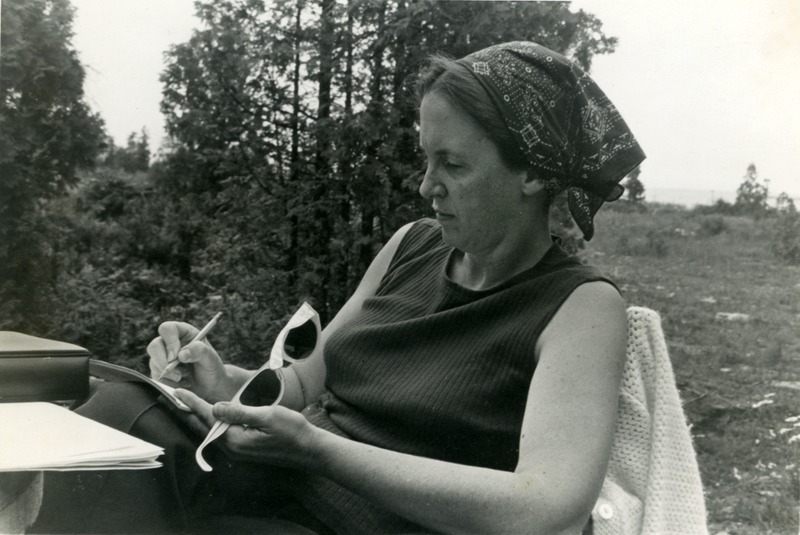Review: Elinor Ostrom's Rules for Radicals
Derek Wall is a British ecosocialist and academic; if you live in the UK you may also recognize him as the Green Party candidate in Theresa May’s Maidenhead constituency. His book, “Elinor Ostrom’s Rules for Radicals”, is a ~120 page overview of Elinor Ostrom’s work. Ostrom (d. 2012) was a political economist who focused extensively on the concept of the commons, a set of shared resources available to all members of a community. In 2009, she was co-recipient of a Nobel Prize for Economics.
Wall attempts to draw lessons from Ostrom’s work that may be useful to political activists. He describes Ostrom as a pragmatic problem-solver not drawn to a specific ideology, though committed to democratic and participatory co-creation of solutions. Ostrom specifically challenged the “tragedy of the commons”, a concept popularized by Garrett Hardin—the idea that common pool resources (such as grazing lands) are doomed to degradation due to overuse by selfishly motivated individuals.
Through broad, multi-disciplinary research Ostrom demonstrated that there are countless examples of successful commons. She derived from this a set of design principles for sustainable management of commons resources. Wall’s book motivated me to read Garrett Hardin’s original essay, and I find it frankly astonishing that the idea of a “tragedy” of the commons gained so much credence to begin with. Hardin’s 1968 essay is mostly about population control in line with the kind of neo-Malthusianism that was very fashionable at the time. It concludes:
The only way we can preserve and nurture other and more precious freedoms is by relinquishing the freedom to breed, and that very soon.
Hardin’s ideas are so reductionist that I find it hard to take them seriously at all. My impression is that Ostrom deconstructed, through solid empirical and theoretical work, an argument that rested on very weak foundations to begin with.

Elinor Ostrom. Manitoulin Island, 1968. (Credit: Elinor Ostrom Collection, The Lilly Library. Fair use.)
But Wall’s book only dedicates one of ten chapters to the commons. His “rules for radicals” are a broader reflection on Ostrom’s work and approach. Wall reminds us repeatedly (to the point of tedium) that Ostrom herself a) was not a radical, b) was a pragmatist, c) was a problem-solver, d) was very collaborative. With this framing, he examines her approach to topics like climate change, or to economic activity that is not easily captured in the classical distinctions of market vs. state.
Interspersed are Wall’s own observations regarding contemporary politics, from the revival of right-wing populism to the experiment in democratic confederalism known as Rojava. He also contrasts Ostrom’s economic views with Marxist theory, and attempts to examine potential blind spots they share.
Unfortunately, the book does not stay with any subject long enough to convey deep insights. For instance, Wall mentions the intersection of Ostrom’s thinking about the commons with projects like Wikipedia. But he does not examine this topic closely, and indeed towards the end commits the faux pas of calling Uber an “open source transportation service” (Uber is no such thing).
The Verdict
Wall’s effort to make Ostrom’s work more accessible to a broad audience is commendable. However, this particular book only gives a very light introduction. It provides only a few quotes from Ostrom’s own work, perhaps enough to whet your appetite. While short, the book is a bit more tedious than it needs to be because the author repeats himself quite frequently.
That could have been avoided through more rigorous editing, along with smaller issues such as sentences with swallowed words or syllables. 3.5 out of 5 stars, rounded down.